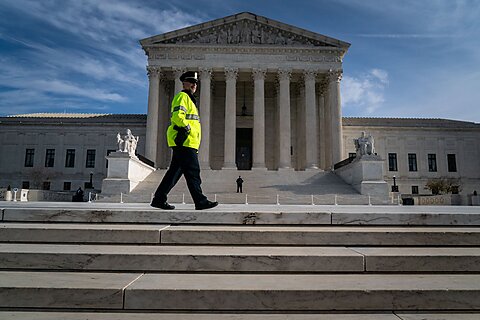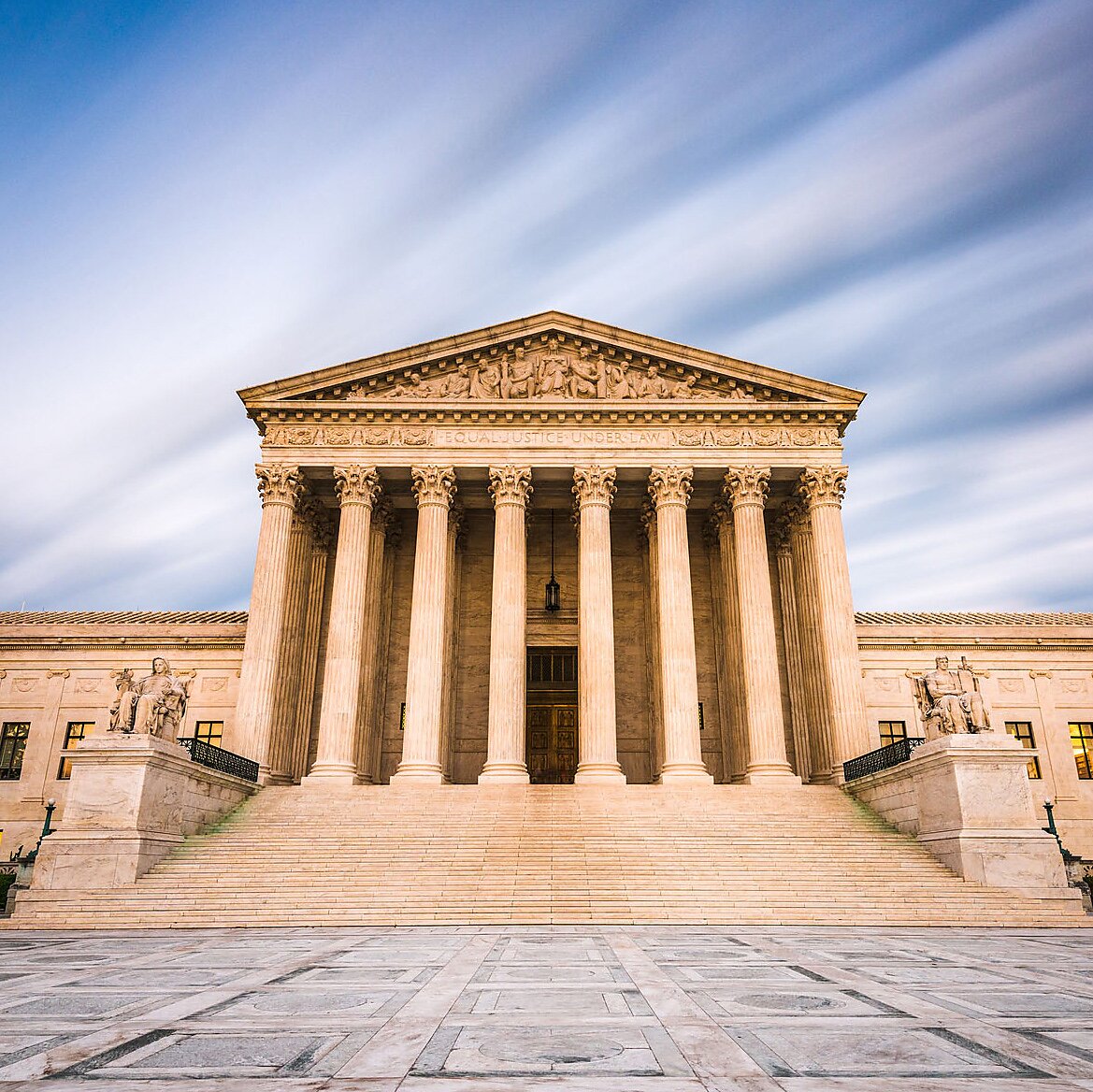Yonas Fikre, an American citizen, was placed on the No‐Fly List in 2010 while he was out of the country. Fikre alleges that this was an attempt to coerce him into becoming a government informant. Fikre attempted to appeal his placement on the list using DHS procedures, but these appeals were denied. Fikre was told only that he had been “identified as an individual who may be a threat to civil aviation or national security.” Fikre’s placement prevented him from returning to the United States until 2015, damaged his reputation, and destroyed his marriage.
When Fikre sued in federal court to enforce his rights, the government removed him from the list—initially without explanation—and then argued that the case was moot. The FBI has never conceded that its original decision to place Fikre on the No‐Fly List was wrong, nor has it explained what changed such that Fikre no longer deserves placement on the list.
Generally, a defendant cannot make a case moot by voluntarily ceasing the challenged conduct, a principle known as the “voluntary cessation” doctrine. The burden is on the defendant to show it is “absolutely clear” that the challenged conduct will not reoccur. Nonetheless, the district court ruled that the case was moot because “the record did not indicate a lack of good faith on the government’s part.” But the U.S. Court of Appeals for the Ninth Circuit reversed that decision, holding that the government had not met its burden to show Fikre was highly unlikely to be placed back on the list.
The case is now at the Supreme Court, and Cato has filed an amicus brief supporting Fikre (with thanks to a team of attorneys from Gibson Dunn who took the lead on drafting: Russ Falconer, Daniel R. Adler, Patrick J. Fuster, and Matt Aidan Getz). In our brief, we explain that the government is not entitled to any special deference in the mootness analysis. When the Supreme Court has dealt with cases of alleged voluntary cessation, it has treated government and private defendants alike, holding them to the same high evidentiary bar.
As our brief further explains, the government has not met that high bar in this case. With the government unwilling to explain why Fikre was added to or taken off the list, it is impossible to judge how likely it is that he may be added again. And although the government has submitted a letter from an FBI special agent insisting that Fikre will not be added back to the list absent changed circumstances, that letter was not issued by a constitutional officer of the United States and thus cannot set binding government policy.
In addition, Cato scholar Patrick Eddington has filed an amicus brief, in his personal capacity, supporting Fikre. In his brief, Eddington explains that the government’s reliance on a “presumption of regularity” in this case is misplaced. The history of that doctrine, which extends back to English common law, makes clear that it is merely a presumption that boilerplate government procedure was followed. The doctrine cannot be extended into a broader presumption that the government did not engage in gamesmanship when it ceased the challenged conduct. As Eddington’s brief recounts, governments at every level of our federal system have frequently engaged in just such gamesmanship to try to stop cases from reaching the merits.
The voluntary cessation doctrine ensures that defendants cannot avoid a judgment on the merits by strategically mooting a case. The Supreme Court should make clear that this concern applies just as much when the government is a defendant as in any other context. The decision of the Ninth Circuit should be affirmed so that Fikre’s case can finally reach the merits.



